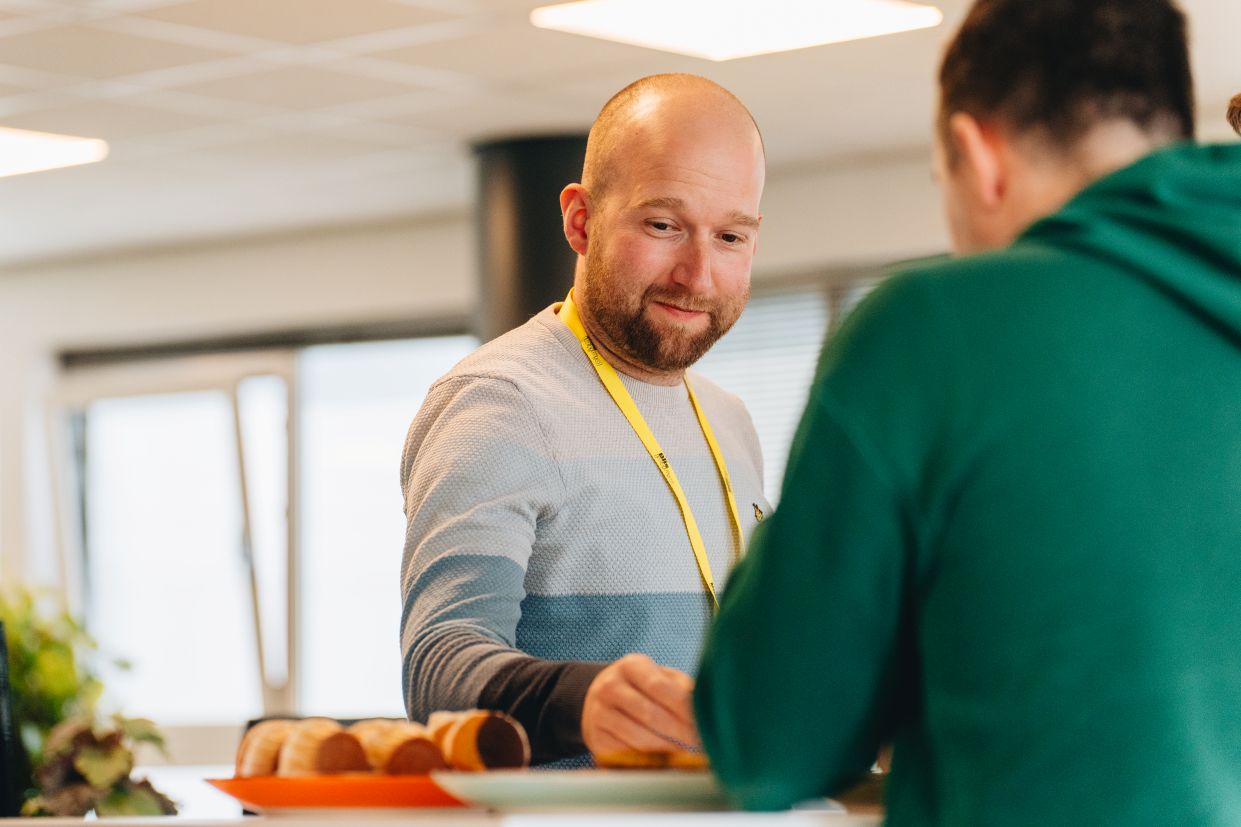

Copilot Studio: The Power of AI Agents
Together with Daniel Laskewitz, I gave a session about the power of Copilot Studio in building agents. My most important lessons:
- Copilot Studio is a great tool for building and experimenting with different gene-AI options
- You can create your own GPT models with governance controls
- You have a complete software development cycle with code integration and automated testing
- You can add customized knowledge or integrate Azure AI Search for more complex scenarios
- For API integration, you can use custom actions or MCP servers
- We showed the complete development cycle: trigger, knowledge, actions, monitoring and source code integration.
After our presentation, we received interesting questions. How do you collaborate as developers in Copilot Studio? That goes great with source code integration into DevOps, including release pipelines for the full DevOps experience.
Can you use your own models for more control over output? Absolutely! You can use not only standard GPT, but all models that can be rolled out via Azure Foundry.
My favorite question was why you should use Azure AI Search when there is already so much out of the box available to connect as a “knowledge source”. Of course, this is always the trade-off between speed (the out-of-the-box options) or more control (Azure AI Search). With the latter, you can make very conscious choices about which data to index in which way.
Building and presenting these demos together with Daniel was super fun to do again.
Rebuilding classic video games
Thijs Limmen showed how, as a developer, you can use an O1 reasoning model to build a game yourself. His approach was fascinatingly simple but powerful: he always asked the model specific questions about how to make specific parts. Each question was about “how do I do this or that”. He then used the answer directly in his code.
In more than 20 consecutive prompts, he built his own game. He started with “I want to make my own retro classic Mario game, how do I do that?” This was followed by questions like “I want to be able to move a block left and right in a 2D world. Give me the code for that.”
This way, he had a working game in a very short time. It's super cool to see that AI gives you a kind of superpower to experiment quickly, especially if you already have development experience yourself. You can then build at lightning speed and make really cool games. After his session, it was really itchy to make something himself.
Choosing the right AI model
Soham Dasgupta's session on comparing AI models was also an eye opener. He showed how to use automation to test different scenarios to determine which model best suits your situation.
By using the available tools, you can compare the output of different models. And because these models are coming out so quickly, it is extremely educational to experiment with them and make better choices.
Instead of manually testing whether a model does what you expect each time, automation lets you take the first step. Of course, you keep a human in the loop to make the final choices.
Keynote: no-nonsense AI
Donna Sarkar and Matthijs opened with “AI is being weird again!” They made it clear that a lot of AI are actually 'just' smart automated processes. Their advice: adopt, expand, build, and keep an eye on research.
Their demo of multi-agent solutions showed where we are going: using AI in a targeted manner, based on real situations and practical lessons.
Beyond the hype
AgentCon 2025 cut through all the noise and showed you how to get started with what's available today. So at Blis, we are also fully exploring and applying AI and Agentification. Are you curious about the applications within your organization? We'd love to tell you more about it.
Learn more about software development with AI in our white paper: AI in software development white paper — Blis Digital
Or read our blog: Your Business & AI: 4 Lessons From Past Technological Revolutions — Blis Digital




.jpg)

